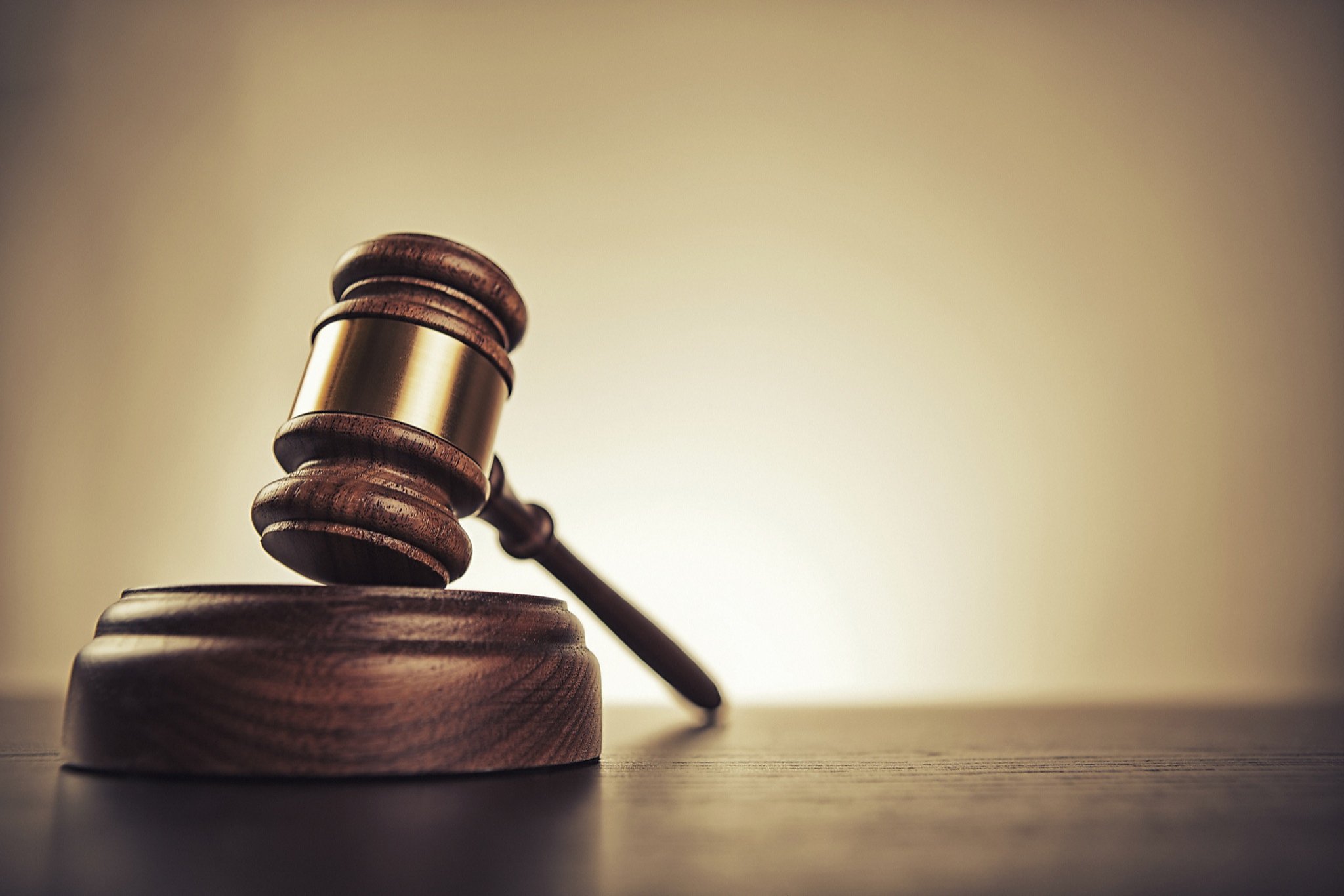×
The Standard e-Paper
Join Thousands Daily

The recent spate of arrests of suspects in the crackdown on corrupt elements in the civil service and parastatals have raised eyebrows.
Kenyans are wondering whether we are going back to the KANU era, when suspects used to be arrested in the dead of the night, tortured, blind-folded then driven to far-flung cells and taken to court at odd hours without legal representation.